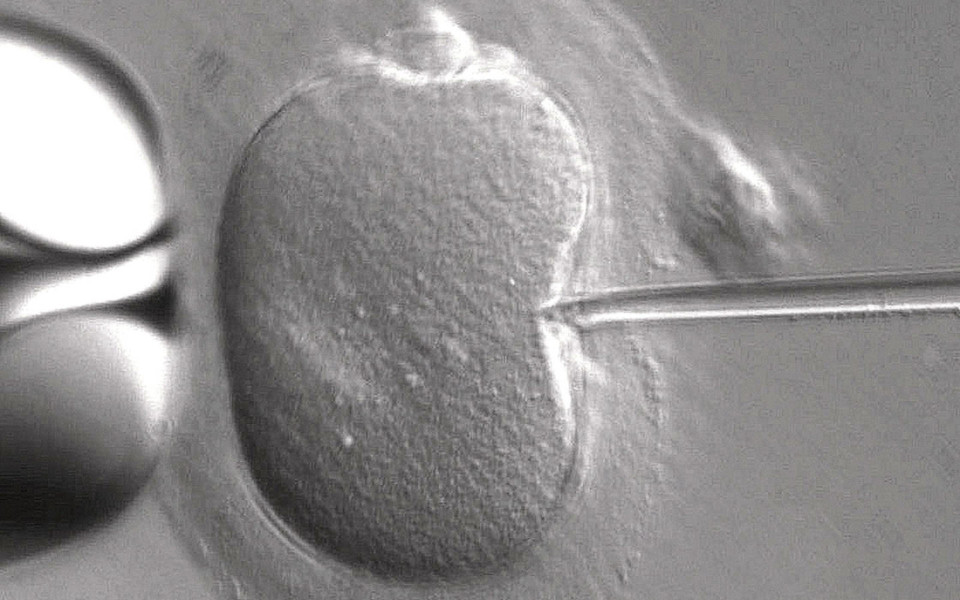First gene-edited babies may be at risk of early death
The 2018 birth of two gene-edited babies shocked the world. However, a study suggesting they have a risk of early death has now been retracted.
Editor’s Note: On October 8, 2019, at the request of study coauthors Xinzhu Wei and Rasmus Nielsen, Nature Medicine retracted the study on which this story is based. After the study’s publication, scientists identified a systematic error in the dataset Wei and Nielsen used from the U.K. Biobank. After accounting for this error, Wei and Nielsen found that the data no longer bore out their study’s central finding.
Chinese researcher Jiankui He shocked the global medical community in November 2018 when he announced the birth of two babies whose DNA he had edited—the first ever humans born with heritable changes to their genomes, made using a technique called Crispr-Cas9. He says he made the changes to lower the babies’ risk of contracting HIV, but the news instantly sparked ethical and medical controversy about his work, and about the use of gene editing in humans.
Now, a study finds that the edits may have actually hurt the babies’ lifespans.
As they report today in the journal Nature Medicine, researchers analyzed a U.K. genetic database and found that when people naturally have a trait similar to the one that He engineered into the babies’ DNA, they have about a 21 percent greater risk of dying before the age of 76 than people who don’t have this trait.


